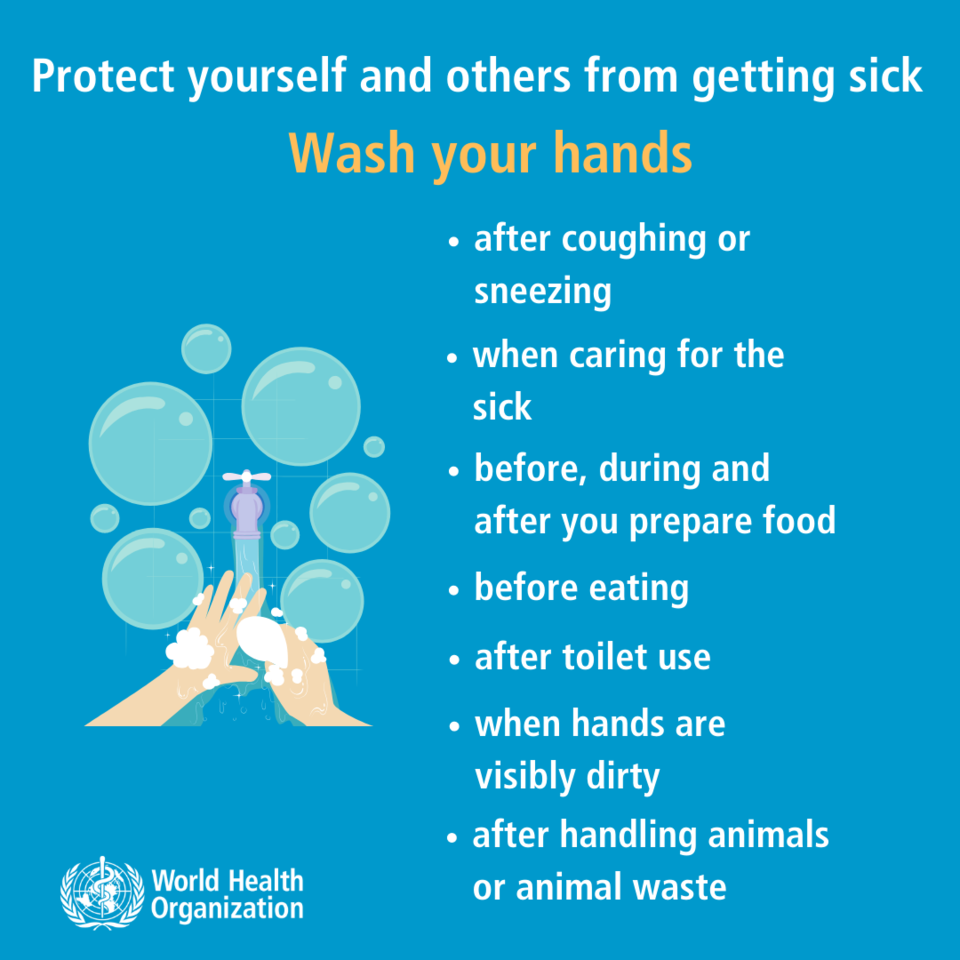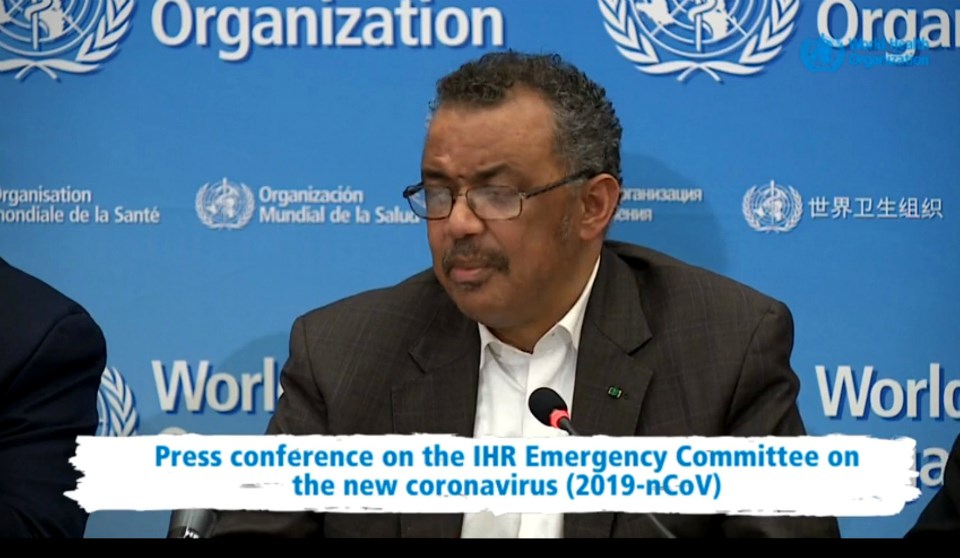The World Health Organization (WHO) has declared the coronavirus a global emergency, recommending several temporary steps to contain the spread of the deadly disease.
The declaration came after a meeting of the International Health Regulations Emergency Committee on Thursday in Geneva.

“There are now 7,711 confirmed and 12,167 suspected cases throughout the country,” the WHO said, of the spread of the coronavirus in China. “Of the confirmed cases, 1,370 are severe and 170 people have died. 124 people have recovered and been discharged from hospital.”
Globally, there are now 82 cases in 18 countries. Of these, only seven had no history of travel in China. There has been human-to-human transmission in three countries outside China, the WHO said, and one of these cases is severe. There have been no deaths.
“The committee believes that it is still possible to interrupt virus spread, provided that countries put in place strong measures to detect disease early, isolate and treat cases, trace contacts, and promote social distancing measures commensurate with the risk,” the organization said in a statement.
“It is important to note that as the situation continues to evolve, so will the strategic goals and measures to prevent and reduce spread of the infection. The committee agreed that the outbreak now meets the criteria for a Public Health Emergency of International Concern.”
The WHO will send a team of experts to China to investigate the origins of the virus, as well as “the clinical spectrum of the disease and its severity, the extent of human-to-human transmission in the community and in healthcare facilities, and efforts to control the outbreak.”
The group will also look for the best ways to contain the spread, assess containment efforts in the area around where the virus first spread, and help nations prepare to respond to outbreaks.
“Measures to ensure rapid development and access to potential vaccines, diagnostics, antiviral medicines and other therapeutics for low- and middle-income countries should be developed,” the statement said.
All countries should be prepared for a local outbreak, the WHO said, reminding nations of their obligation under international law to report cases as they emerge.
In general, WHO said travel bans are an ineffective way to prevent the spread of disease, and may divert resources away from more important measures.
“Restrictions may interrupt needed aid and technical support, may disrupt businesses, and may have negative effects on the economies of countries affected by the emergencies,” the statement said.
“However, in certain specific circumstances, measures that restrict the movement of people may prove temporarily useful, such as in settings with limited response capacities and capabilities, or where there is high intensity of transmission among vulnerable populations.
“In such situations, countries should perform risk and cost-benefit analyses before implementing such restrictions to assess whether the benefits would outweigh the drawbacks ... Countries are cautioned against actions that promote stigma or discrimination.”
@darrenmacd
